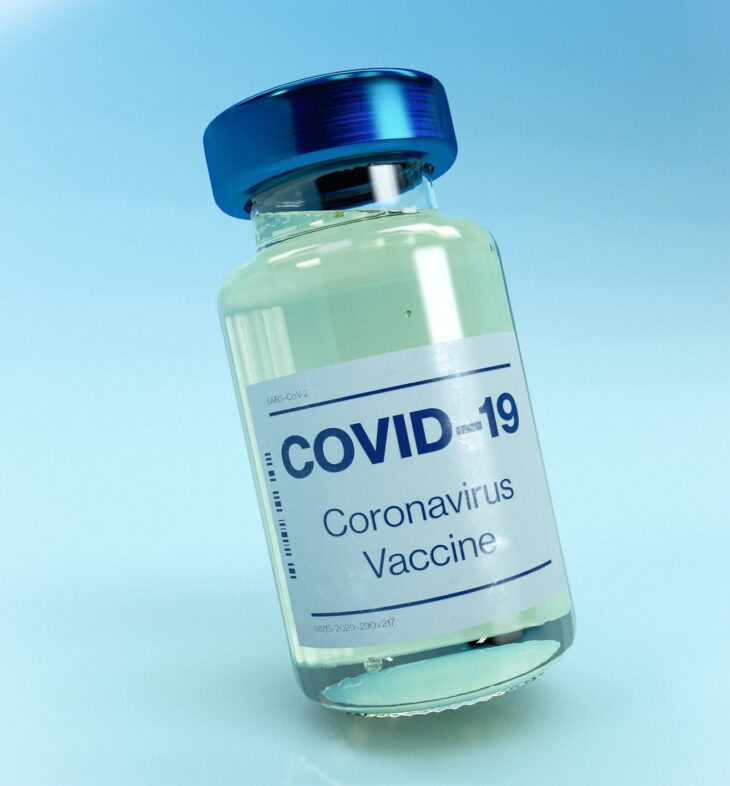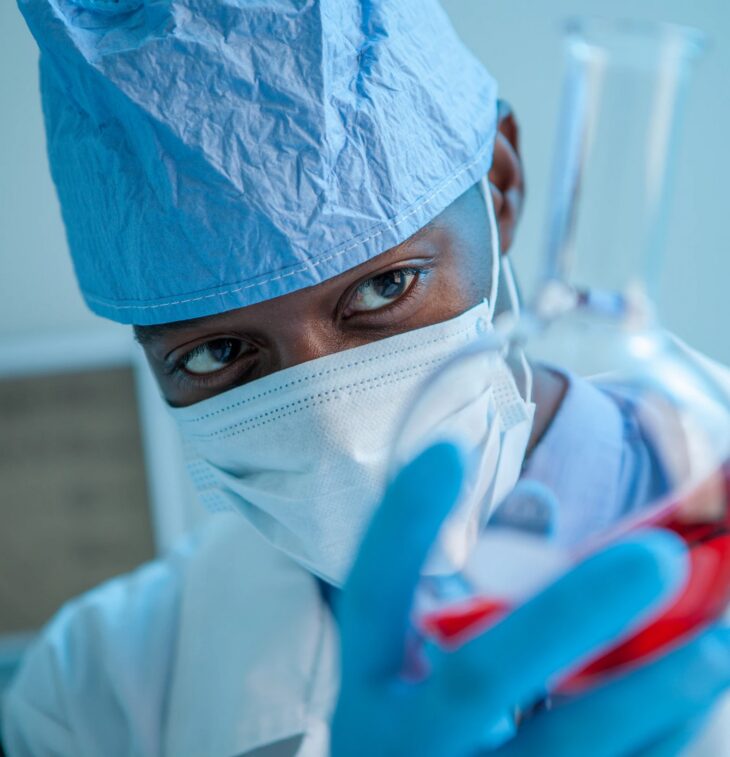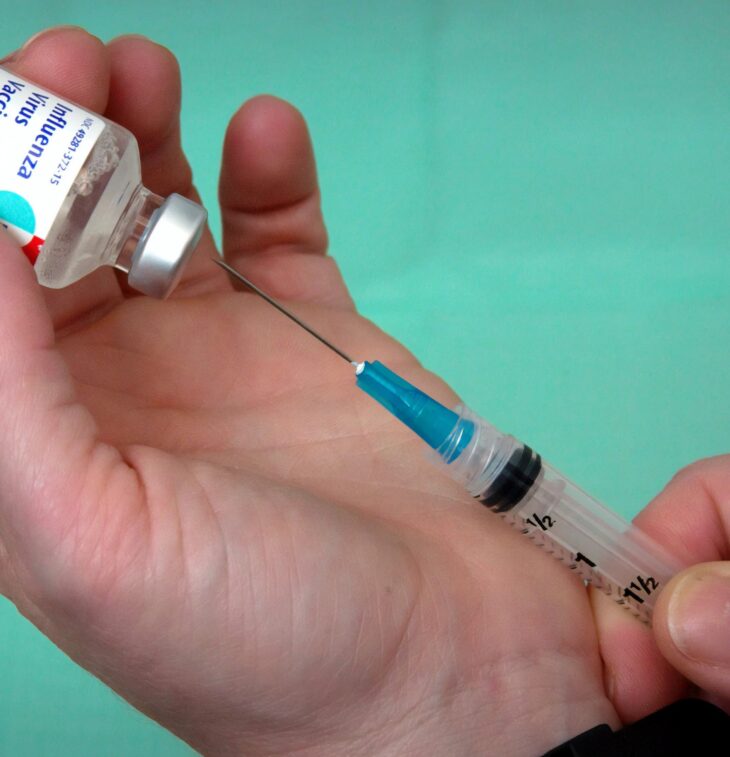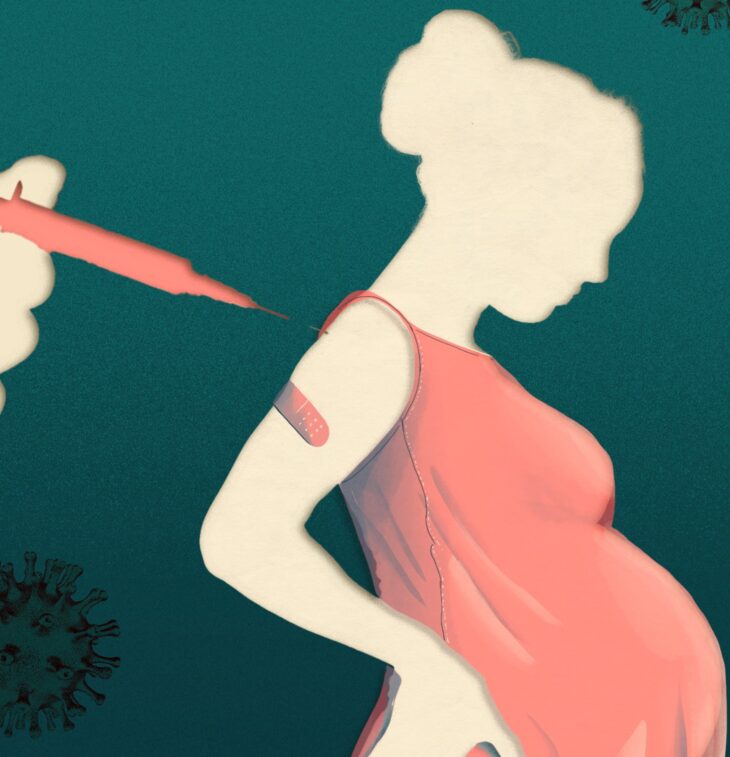When COVID-19 first struck, the world was plunged into chaos. Not a lot was known about it, and the source of the new coronavirus or SARS-CoV-2 was veiled in secrecy. As all sorts of theories spread about how it came to be, the most important goal for everyone was to find a vaccine quickly.
Since Dr. Edward Jenner developed the first vaccine designed to prevent smallpox, inoculation has been considered the world’s best defense against disease, especially for epidemics.
Vaccines help to prevent disease. They usually work through the introduction of weakened germs into the body to stimulate an immune system response, that is, the production of antibodies. This aids in a person’s developing immunity to the disease without having to experience the full impact of actually getting sick.
To date, there are nearly 100 million confirmed COVID-19 cases and more than 2 million deaths worldwide, with the new variant first discovered in the United Kingdom posing new challenges.
In the United States, there are currently more than 25.5 million cases of COVID-19 and nearly 500,000 deaths. One hundred and ninety-five cases have already been identified to have arisen from variants of the disease.
At this stage, everyone is desperate to have the vaccine. Now, let’s go over what we know so far.

Source: unsplash.com
Contents
Which countries will get COVID-19 vaccines first?
During the beginning of the race against COVID and time, around a dozen different vaccines were being developed in various countries, namely the US, UK, and China. Both the UK and US initially invested in two vaccines; one was being developed by Oxford University and another one by AstraZeneca.
According to the World Health Organization (WHO), there are more than 50 COVID-19 vaccines. Although, as of January 20, 2024, there are only seven vaccines with an “accepted” status on WHO’s website. These “accepted” vaccines are as follows:
- Pfizer BNT162b2/COMIRNATY (INN tozinameran)
- Astra Zeneca’s AZD1222 (two versions)
- Janssen’s Ad26.COV2.S
- Sinopharm’s SARS-CoV-2 Vaccine (Vero Cell), Inactivated (lnCoV)
- Sinovac’s SARS-CoV-2 Vaccine (Vero Cell), Inactivated
- Serum Institute of India’s Covishield (ChAdOx1_nCoV-19)
By this time, a number of countries have already approved and begun administering COVID vaccines within their jurisdictions as early as December last year. These include:
- Argentina
- Belarus
- Belgium
- Canada
- Chile
- Costa Rica
- Croatia
- Cyprus
- Czech Republic
- Denmark
- Finland
- France
- Germany
- Greece
- Hungary
- Israel
- Italy
- Kuwait
- Malta
- Mexico
- Oman
- Poland
- Qatar
- Romania
- Russia
- Saudi Arabia
- Serbia
- Slovakia
- Spain
- Switzerland
- Singapore
- Turkey
- United Arab Emirates
- United Kingdom
- United States
Vaccines continue to be rolled out in other countries as well, with frontliners, including pathologists and pathology lab workers, being prioritized for vaccination.

Source: unsplash.com
Common side effects and risks of COVID vaccines
Just like any vaccine or medicine, COVID-19 vaccines have certain side effects that people need to prepare for, particularly after getting the second dose:
- Arm soreness
- Redness, swelling, or pain in the injection site
- Muscle aches
- Joint pain
- Nausea
- Fatigue
- Swollen lymph nodes
- Headaches
- Fever
- Chills
Although rare, there have been reported severe reactions to the vaccine, particularly severe allergic shocks. This is one of the primary reasons that people with a history of severe, life-threatening allergic reactions have been advised against getting the vaccine. Some elderly, frail people have also been reported to have died from COVID vaccine complications.
Medical experts say that children do not need to be vaccinated just yet as they are among the least susceptible to the disease. None of the pharmaceutical companies that have developed vaccines have conducted any tests on children or have formulations specifically geared toward child immunization. Most COVID vaccines are recommended for people aged 18 and older, although the Pfizer vaccine is considered safe for those aged 16 and above.
Once there is more data showing the safety and effectiveness of COVID vaccines in adults, pharmaceutical companies can start mass-producing vaccines for children. Currently, pediatric trials are yet to be undertaken to address the need to protect children and prevent them from becoming vectors in the transmission of COVID-19.
Since vaccination is still at its early stages, all reported risks and complications are being recorded for analysis.

Source: unsplash.com
Effectiveness of COVID-19 vaccines
Since vaccination trials are still ongoing, different estimates are there to indicate the efficacy of each type of COVID vaccine.
In general, effectiveness is said to increase with the second dose. However, estimates are exactly what they are – just estimates. The medical community needs more data to establish with confidence that immunization with the various available vaccines is 100 percent effective.
Moreover, scientists also fear that new variants of the mutating new coronavirus could require updated vaccines to protect those who have had the disease, as well as those who have been immunized. Various pharmaceutical firms behind the production of COVID vaccines, such as Pfizer, BioNTech, and AstraZeneca, have, however, expressed confidence that their vaccines will still be effective against the new coronavirus strains.

Source: The Today Show
Women and COVID vaccines
Some young women refuse to have COVID vaccination, citing fears of infertility, as there are not enough studies to show with absolute certainty that the different vaccines do not affect fertility. However, medical experts have been quick to counter this thinking saying that the vaccine is safe in general and does not have any negative impact on female fertility.
Vaccination for pregnant women is not yet recommended, however, as medical experts say there are not enough trials to establish the safety of getting vaccinated while pregnant. In most cases, getting vaccinated while pregnant boils down to one’s personal decision.
As conspiracy theories continue to hound the medical community and the issue of vaccinations, it’s not only women who are quick to refuse vaccination in the United States. Many African Americans and conservatives are also part of this group, even as a large number of African Americans have been hospitalized and died from COVID.
Through history, however, there have been some serious issues raised regarding the safety and effectiveness of vaccines, especially when they are rushed and there are not enough trials to back safety claims.
Currently, as COVID-19 vaccines continue to be administered, people are cautioned against becoming falsely secure after vaccination. This false sense of security can lead to risky behavior, which is something everyone needs to guard against as the final outcome of COVID vaccination remains to be seen.
Finally, if you’re interested and willing to know more about vaccines and developing your medical career in general, you can check out various courses from online providers like this one.
